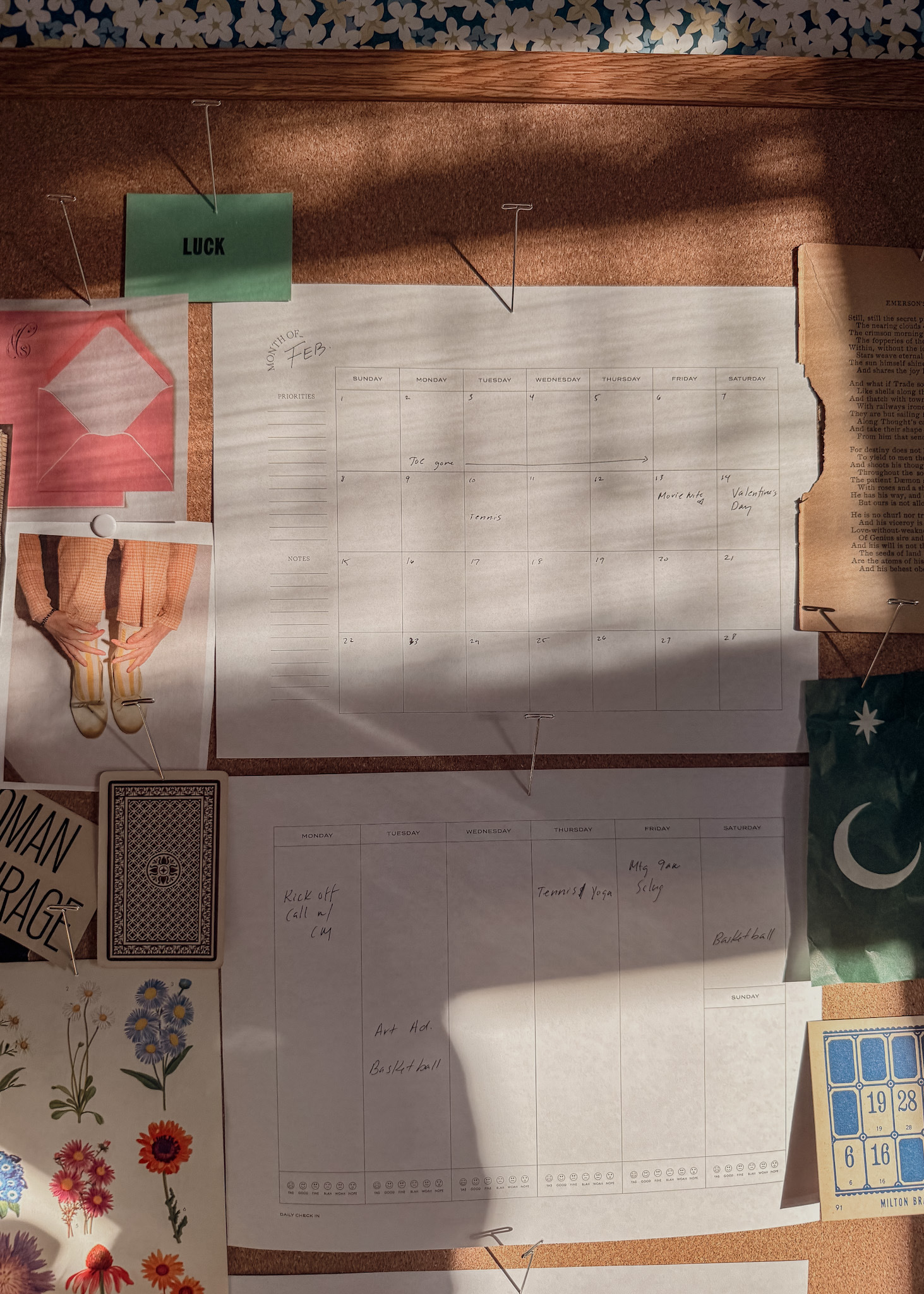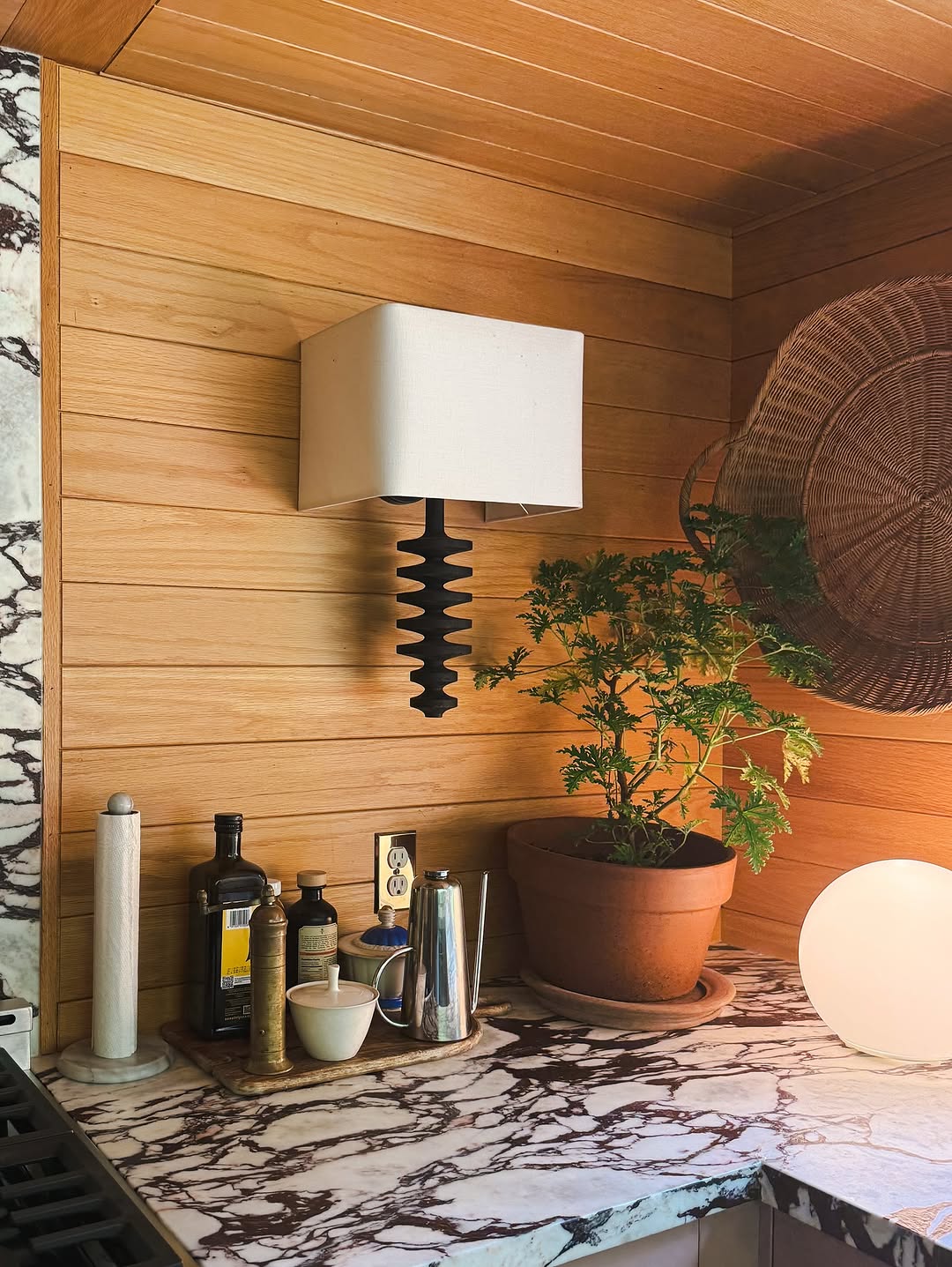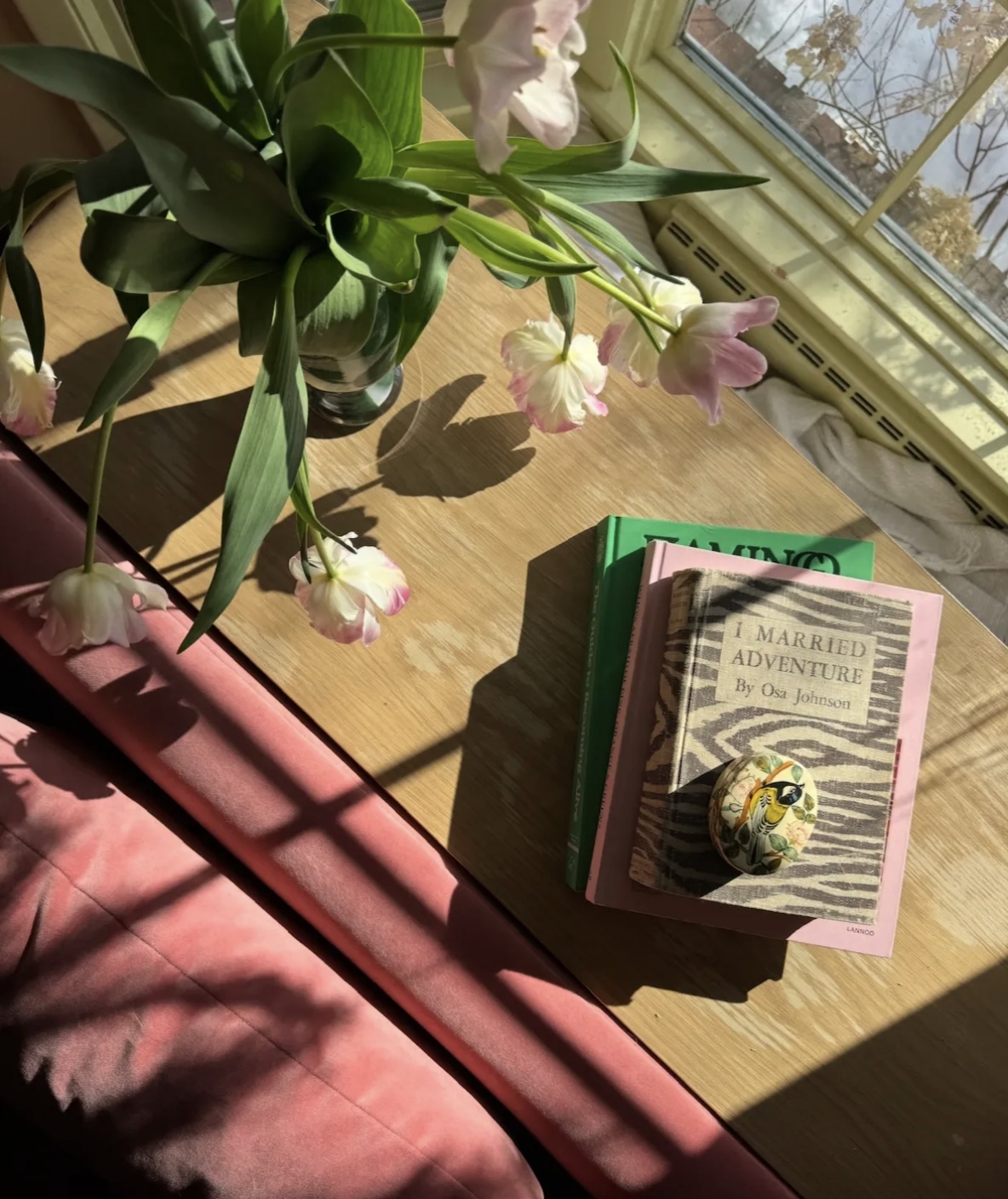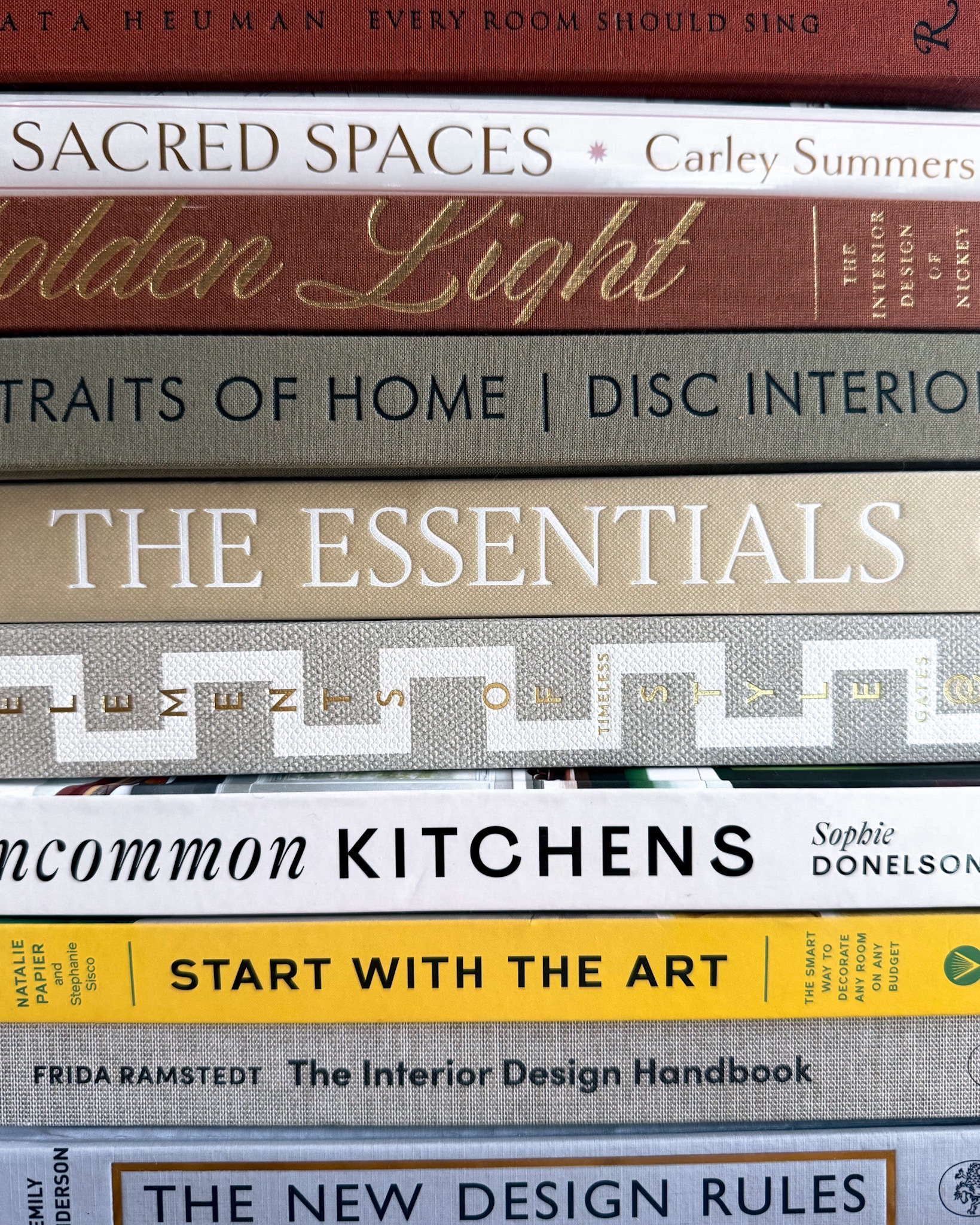

When the credits roll on Pride and Prejudice I feel two things: Delight. And cynicism. I can’t help it. I want to feel only delight, but I’m just too aware that the beginnings of love rarely match its brutal everyday-ness. Or its heartbreaking challenges. I’ve had some fairytale romances, and none of them have ended happily ever after.
But I know enough married folks to realize that even when love cools from that first hot rush, it can still truly last. It can be good. Hard, maybe, but good.
Here are a few nuggets of wisdom I’ve gleaned from three women who’ve managed to nurture 20 to 30-year marriages. I changed a few names, but the stories are real. Enjoy.
1. COMMUNICATION IS EVERYTHING.
When Patti married Bob—the handsome swim-team athlete who lived next to her freshman apartment—she knew she’d landed a good one. “He had a kind and generous heart,” says Patti. “And he was darn cute.” (That 1970s mustache!)
But a few months in, when Bob didn’t realize Patti wanted him to wash the dishes and Patti didn’t think she should have to ask, she found herself slamming cupboard doors instead. “We both had unmet expectations, hidden agendas, and poor communication skills. And we both hate confrontations.”
So the cupboard slamming continued for a while until, finally, Bob broke the silence. “If there’s something you want,” he said, “tell me. I’ll do it. But I can’t read your mind.” It was a turning point for them. Over time, Patti started learning to ask for what she needed instead of expecting him to know it.
“Figuring out how to communicate in a healthy way was difficult,” she says, “and sometimes it still is—we just try a little harder now.”
2. SO IS KINDNESS.
“I think for us it comes down to daily acts of kindness,” says Patti, who’s been with Bob for 34 years. “Doing the dishes for each other, making coffee or a meal for each other, shoveling snow, attending to the other’s needs in small and thoughtful ways—and also acknowledging the acts of kindness with thanks and gratitude.”
3. RESENTMENT KILLS LOVE.
Abby started falling for Phillip on a road trip with friends. “I remember thinking, ‘He’s the first person I can sing out loud in front of.’ And the silences didn’t seem awkward.” She liked that he was easy to talk to. He was charismatic, and seemed thoughtful and grounded. They were married within a year, and started a family not long after.
Four kids later, Abby was feeling overwhelmed and under-appreciated. “Based on my upbringing, I thought my role and calling in life was to serve my husband and kids and make things run smoothly,” she says. But the weight of this role was driving a wedge between her and her husband. For Abby, it took stepping out of the home and into a career she loves to truly start repairing these dynamics.
“I’ve had to face some resentment from years of feeling like a servant—a role I willingly participated in. That resentment played out in sex, the way we communicated, and the general ethos of our home.”

4. FRIENDSHIP TAKES INTENTION.
“At times I think both Phillip and I have thought, ‘I love him/her but I don’t like him/ her,’” says Abby. She always knew they were committed to each other, but, after years of resentment, she admits she didn’t think friendship with her husband was really a possibility.
“I am seeing what I have to offer in a new way now,” says Abby, “which has been both refreshing and frustrating.” These days, she and Phillip are focused on rebuilding their friendship. “We’re spending time together again, finding out what we like to do as individuals and as a couple. We’re being more intentional about our conversations instead of just covering details and reacting to problems. We even decided to take a break from sex as we become friends again. We want to rebuild our relationship and trust so that sex is mutual again too.”
5. THERAPY IS PRICELESS. (A.K.A. DO YOUR OWN HEALING.)
For Emily, who was just 16 when she started dating Ken, four years her senior, one of the biggest things she’s learned is that a “marriage issue” can at times just be about her and her own stuff. “Even when I really, really think it’s about the relationship,” says Emily.
As a bubbly extrovert, Emily was smitten by Ken’s ability to listen. (“Also he was adorable,” she says.) Twenty-five years later they’re still together, with two kids raised and one more in the house. But it didn’t take long for the difference in their personalities to cause a challenge. Ken, with his quiet, steady demeanor wasn’t one to provide big reactions when she would share something. (He didn’t respond at all like her girlfriends would!) Although this initially drew her to Ken, his lack of exuberance sometimes felt like a lack of care to Emily. The key phrase being “felt like.”
Ken would offer a kind nod and attentive eyes, but not the oohs, aahs, ughs, and gushing sympathy that she herself would.
“I had an utter need—a co-dependent need—to have him express things in a certain way in order for me to feel care,” says Emily. “I would be so hard on him that I would shut him down and he’d withdraw. Then I’d be upset that he’d withdrawn! When, really, he wasn’t being withdrawn, he was just being quiet—because that was the better option than feeling like he’d said the wrong thing anyway. It was a vicious cycle. Sometimes it still is.”
6. TRUST CHANGES THINGS.
Emily credits therapy and personal healing (plus mental health meds!) with disrupting this cycle. “I’ve learned that when I’m struggling to believe Ken cares, I need to deal with that myself. When I can stop searching for evidence of whether or not he cares and just TRUST that he does, it allows me to actually enjoy him. And it frees him from the weight of trying to prove something.”
“It’s freaking good when it’s not so serious all the time,” she adds. “But, sheesh, that lack of trust can take the wind out of things.”
7. PARTNERS ARE NOT CLONES.
This is a theme I heard repeated time and again. Two people in a relationship are two separate people. Forgetting this can be a recipe for disaster.
- Abby: “One of the biggest struggles in our relationship has been allowing one another to become ourselves as individuals—and celebrating each other—while also maintaining a friendship and forming a family.
- Patti: “I still struggle with the fact that I’m an outdoor person and Bob isn’t. He doesn’t like to go hiking and snowshoeing, and I love it. He makes an effort to join me sometimes, but often I just have to accept that we like different things and find a friend or go by myself. The hard part is doing that without being resentful.”
- Emily: “I’ve learned that HOLY SH*T, WE ARE DIFFERENT. That is very okay, and it can be hilarious, charming, and crazy-making.”

8. EVERY RELATIONSHIP HAS REPEATING THEMES.
Every woman I’ve talked to about her long-term relationship has said some form of “we’ve always struggled with [fill in the blank].” This is something my therapist has pointed out in my own dating journey. When, in my quest to find a good man, she sees me expecting a “perfect man,” she reminds me that he doesn’t exist. Also that I’m not perfect either (gasp!). Every relationship will have some level of constant frustration and struggle, often on a continuous loop. The question is, which loop can you tolerate and stay engaged with for the long run?
9. PRACTICE MAKES PERFECT.
Everyone is still learning, even 30 years into a relationship. Don’t expect either one of you to get things right all the time. Practice doing things better, and have grace for the mistakes. Here are a few extra tips:
- Take responsibility for getting your needs met. (Abby: “Expecting one person to fulfill all my needs is unfair to both of us.”)
- Timing matters. (Emily: “Approaching topics at a respectful time greatly impacts the results.”)
- Sometimes you’re both wrong. Or right. (Emily: “It’s typically not about that anyway.”)
- Lighten up. Laugh. Flirt. Play. And remember where you began. (Patti: “I love telling the story of how we met.”)
10. IT TAKES WORK.
“When we got married, I thought it would just come easily because we were so in love,” says Abby, “but I didn’t know who I was, what I believed in, how to live as an adult… I was insecure and thought Phillip would ‘complete’ me. A lot of disappointment helped me come to realize who I am as a person, what I believe in (which is different than my husband sometimes!), and how to live as a person. I am learning to love my husband as a person, faults and all.”
Patti adds, “For us, continuing to build our love is a daily and weekly choice.”
11. AND VULNERABILITY.
“When you’ve been off track, waking up takes work,” says Abby. “It’s difficult and ugly to confront what the reality is—before you start to move toward what you want it to be.”
“Love is a very deep thing,” says Emily. “It’s not just a feeling; it’s a connection and a bond. It’s an agreement. It’s allowing myself to be seen naked—yes, there’s that—but also naked in my fears, and scars.”
Wow.
After talking with these women, I am so in awe of their hard work, courage, and vulnerability. Their words are at once encouraging and empowering. Because love is not about fairytales, people. (Thank God.) Love is about commitment, and choices, and trust. And, when two people do the work together, it can be absolutely breathtaking.
–


Julie Rybarczyk is a freelance writer, fair-weather blogger, and empty-nester mama who’s living alone and liking it . She’s perpetually the chilliest person in Minneapolis—so most of the year you’ll find her under layers of wool, behind steaming cups of tea. Or on the socials at @shortsandlongs.
BY Julie Rybarczyk - March 2, 2018
Most-read posts:
Did you know W&D now has a resource library of Printable Art, Templates, Freebies, and more?
take me there
Get Our Best W&D Resources
for designing a life well-lived




Thank you for being here. For being open to enjoying life’s simple pleasures and looking inward to understand yourself, your neighbors, and your fellow humans! I’m looking forward to chatting with you.
Hi, I'm Kate. Welcome to my happy place.


















These are very good tips. I’m in a long-term relationship and I can certainly vouch for them! 🙂
–
Charmaine Ng | Architecture & Lifestyle Blog
http://charmainenyw.com
Charmaine – I’m glad to know they ring true. Thank you for your comment! xo
I love this article. I think so much of our view on relationships prior to marriage or long-term commitment is romantic and rose-colored (much like motherhood, perhaps), but the reality is hard work. I’ll say, it’s worth-it hard work. I’m currently reading Allen de Botton’s ‘The Course of Love’ – I wish everyone would read it before hurtling head-first into a major love commitment. 🙂 You always write such compelling articles. Thanks for a great read.
Thank you so much for your insights and kind words, Amy. I always love hearing people say the work is worth it – because I believe that to be true, but so often we hear the opposite (as relationships fail all around us)… Also, guess what?! I just ordered The Course of Love. Thanks for the heads up on that one. It sounds great. xo
I can’t wait to hear what you think of The Course of Love! Enjoy.
This was such a good piece! I had just moved from Memphis to Austin trying to force a love that had been a wild and utterly destructive romance, when we (my fiance and I,) decided to randomly attend a church service. The service was centered around the song, “Ring of Fire.” We often feel like love and relationships have to be this hot, burning flame, when really, fire can be destructive and leave only ashes in its wake. Good relationships help to build you up, not to destroy you. We looked at each other, both with tears, and just knew… Read more »
What an inspiring, beautiful, and wise story, Magyn. Thank you for sharing it. I’m so glad you found a good man who builds you up. xo
Loved this article, so interesting and useful to read other women’s perspectives. Certainly given me some food for thought, thank you so much for sharing!
Hope & Wilson
Thank you, Emma! xo
Emily, if you’re out there reading – we are sympatico. I could’ve written your experience. I also started dating my husband when I was 16. We’ve been together for 15 years and married for almost 4, and this is still a struggle for me. I still want him to react to me in certain ways, to show more emotion or excitement, even though when I take a pause, I know he shows his love and affection in many other ways. I often manufacture problems out of nothing just because I perceived his reaction the wrong way. It’s not easy, but… Read more »